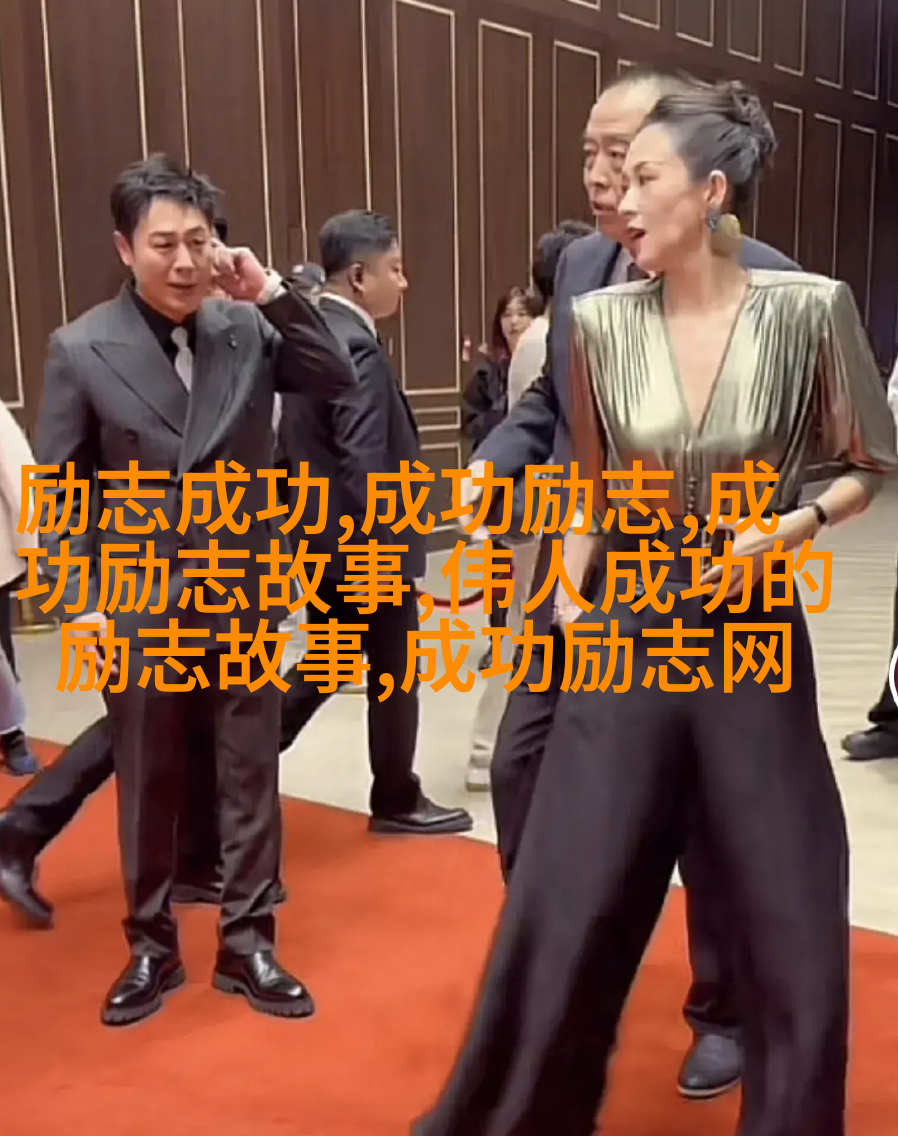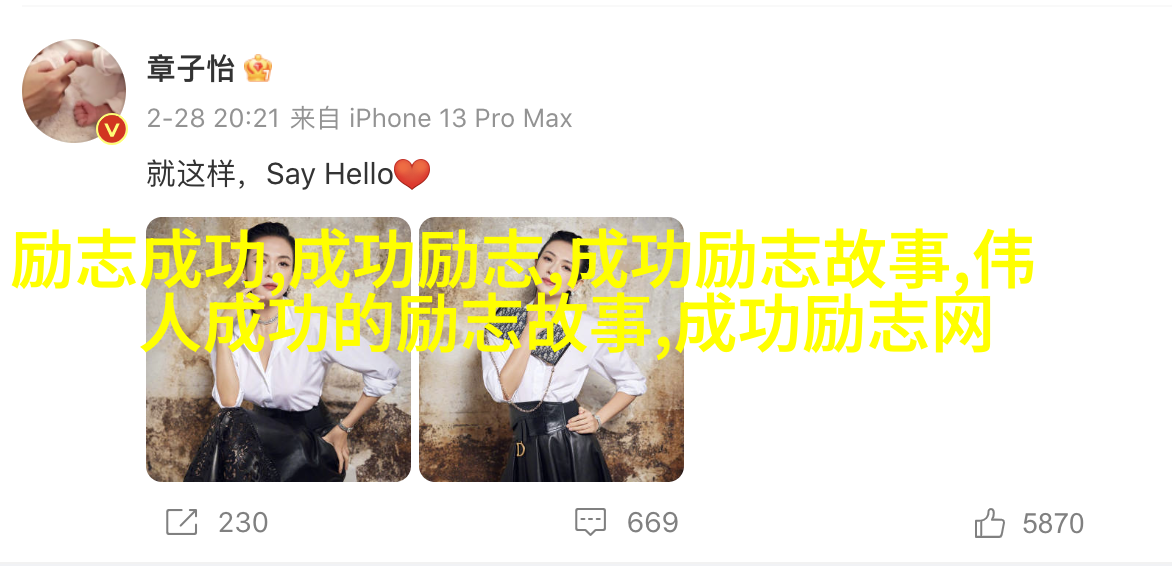解读简·爱中的经典语录:Charlotte Brontë的社会批判与女性解放思想

在19世纪中叶,欧洲文坛上诞生了一部影响深远的小说——《简·爱》。这部作品由夏洛蒂·勃朗特创作,它不仅通过一位名叫简·爱的女主角的故事,展现了一个充满苦难和挑战的人生历程,更以其尖锐的社会批判和对女性地位深刻反思而被后世广泛传颂。其中,“你若能成为我,你将比任何人都要强大。”这一经典语录,不仅是对主人公的一种鼓励,也是夏洛蒂·勃朗特对时代背景下女性命运的一种抒情表达。
1.1 简·爱的心灵力量

在小说中,简作为一个贫穷、孤独且遭受过残酷虐待的小女孩,她凭借着坚韧不拔的心态,最终实现了自我提升和精神自由。这句话体现了她内心深处对于个人价值和潜力的信念。在当时的背景下,这样的理念非常具有前瞻性,因为它要求人们去超越既有的阶层限制,而是看重个人的能力和品质。
1.2 社会阶级与个人潜力

夏洛蒂在这个语录中揭示出一种关于社会阶级与个人潜力关系的问题。她展示了尽管一个人可能因为出身低微或受到外界压迫,但只要有足够强大的意志力和智慧,他们仍然能够改变自己的命运。这种观点无疑是一种激励,将来可能还会激发更多人追求梦想并打破旧式社会规范。
1.3 女性的独立意识

同时,这个句子也体现了作者对于女性独立意识的支持。在那个时代,许多女人都是被动接受他们所分配角色的人物,而简则不同,她勇敢地追求自己想要生活方式,并最终获得成功。这一点意义重大,它为那些渴望突破传统束缚、寻求更好生活条件的女子提供了一盏指路明灯。
2 夏洛蒂勃朗特背后的思想

Charlotte Brontë herself was a woman of strong convictions and intellect, who wrote her novel as a reflection of the social injustices she witnessed during her lifetime. Through the character of Jane Eyre, she conveyed a powerful message about the importance of individuality and personal freedom.
2.1 书写历史回忆
Bronte's writing often served as a means to reflect on historical events that shaped society at large, including issues related to class divisions and gender inequality. In Jane Eyre, she drew upon her own experiences growing up in poverty-stricken Yorkshire to create characters like Helen Burns, who exemplifies resilience and determination despite harsh circumstances.
2.2 反映时代变迁
The quote "You would be stronger than any man" speaks to an era undergoing significant transformation - one where women were slowly beginning to assert their rights within society but still faced numerous barriers towards true equality with men.
3 结论:从经典语录到现代启示
In conclusion, Charlotte Brontë's Jane Eyre continues to resonate with readers today through its timeless themes and messages embedded within its pages - including this particular quote that serves as both inspiration for personal growth and critique of societal norms prevalent in her time.
Through Jane's journey from orphaned girlhood to eventual independence, we see echoes not only of Bronte's own life but also contemporary discussions around empowerment for women worldwide.
This classic line remains relevant today because it speaks not only about overcoming adversity but also embracing our unique qualities which make us capable individuals worthy of respect regardless race or gender.
It is indeed no wonder that this phrase has been interpreted by many generations after it was first written down; such is the power held by works such as Jane Eyre in shaping how we perceive ourselves & others in our ever-evolving world filled with complexities yet full potential waiting discovery!
